Today December 10., exactly fifty years ago – the actitivity was hectic in Rudy van Gelder’s Englewood Cliffs studio. The day before, on the ninth day of the month that oddly enough still is named as the tenth, the John Coltrane Quartet had recorded the music of a four part suite that would change the world. There was one key element still missing, though. The element that provided the final important touch to the album was given its final completion exactly fifty years ago today.
The album would hit the streets and the minds of a generation in late February 1965 as a spiritual statement in music – the likes of which no one had ever seen. If ever the term «concept album» has been pertinent, here is where it finds its ultimate expression.
John Coltrane presented this grand work with a letter to the listener printed inside the gatefold cover. The letter starts out «DEAR LISTENER: All Praise Be To God To Whom All Praise Is Due.» The letter reads like a sermon, and is followed by the poem «A Love Supreme», phrased as a prayer, the first five lines of which are «I will do all I can to be worthy of Thee O Lord./It all has to do with it./Thank you God./Peace./There is none other./…».
The record in question is of course the Coltrane masterpiece album known by the title of Coltrane’s prayer. That this concept album’s significance was recognized from the very start by Impulse and its producer Bob Thiele, was clearly demonstrated to anyone buying the album in 1965 by the break with standard Impulse cover designs. Where the usual Impulse cover spine was black and orange, the spine of «A Love Supreme» combined black and white. Signalling serenity and seriousness.
The music of the four movements, «Acknowledgement», «Resolution», «Pursuance» and «Psalm» was moving, but many contemporary listeners had problems understanding the music. Today fifty years later, this is almost hard to believe. The music is far from the radical break with the jazz tradition it was seen as at the time. On the contrary. The album fits nicely into an evolutionary process of improvised music that has its roots securely anchored way back in the Afro-American and other musical traditions that provided the seeds for the improvised music that had emerged during the century before 1964.
The following day, on December 10., the quartet reassembled in the van Gelder studio, augmented by the bassist Art Davis and the young Coltrane protege Archie Shepp. They recorded variant takes of the first movement, most of which are still unissued. At the end of the session, the vocal overdubs for the first movement on the published album were recorded. The album that changed the world for many of us was complete.
Incidentally, the recording was made almost to the month on the centenary of Abraham Lincoln’s landslide victory in the 1864 Presidential elections. The reelection of Lincoln as US President was what opened for the passing of the Thirteenth Amendment in January 1965, abolishing slavery.
But more significantly, on exactly this same day, December 10, 1964, Martin Luther King Jr. was awarded the Nobel Peace Prize in Oslo for his non-violent struggle. Four years later both Coltrane and King were lost to us, they would both have «gått ur tiden (gone out of the time)», as the Swedes are fond of expressing it.
When Coltrane returned home on this December day in 1964, though, he knew that he had his life’s statement in the can.
Tonight we salute the memory of John Coltrane – and Martin Luther King Jr., while we play us some classical music – «A Love Supreme».
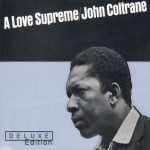 If you find the double-CD Deluxe Edition of the album issued in 2002, buy it. In addition to some of the December 10. takes, you also get a cleaned up version of the only complete presentation of «A Love Supreme» ever to be performed live – from Antibes July 26, 1965. Here you can also hear André Francis’ attempts at calming down an evidently hostile audience to the perfomance.
If you find the double-CD Deluxe Edition of the album issued in 2002, buy it. In addition to some of the December 10. takes, you also get a cleaned up version of the only complete presentation of «A Love Supreme» ever to be performed live – from Antibes July 26, 1965. Here you can also hear André Francis’ attempts at calming down an evidently hostile audience to the perfomance.
For those interested in this, the Antibes festival was also the occasion of Randi Hultin’s interview of John Coltrane, cf. her book «Born under the sign of jazz». pp. 162.
Thank you Trane. Amen.

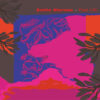
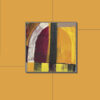
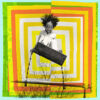

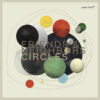

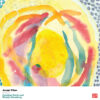
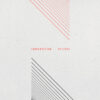













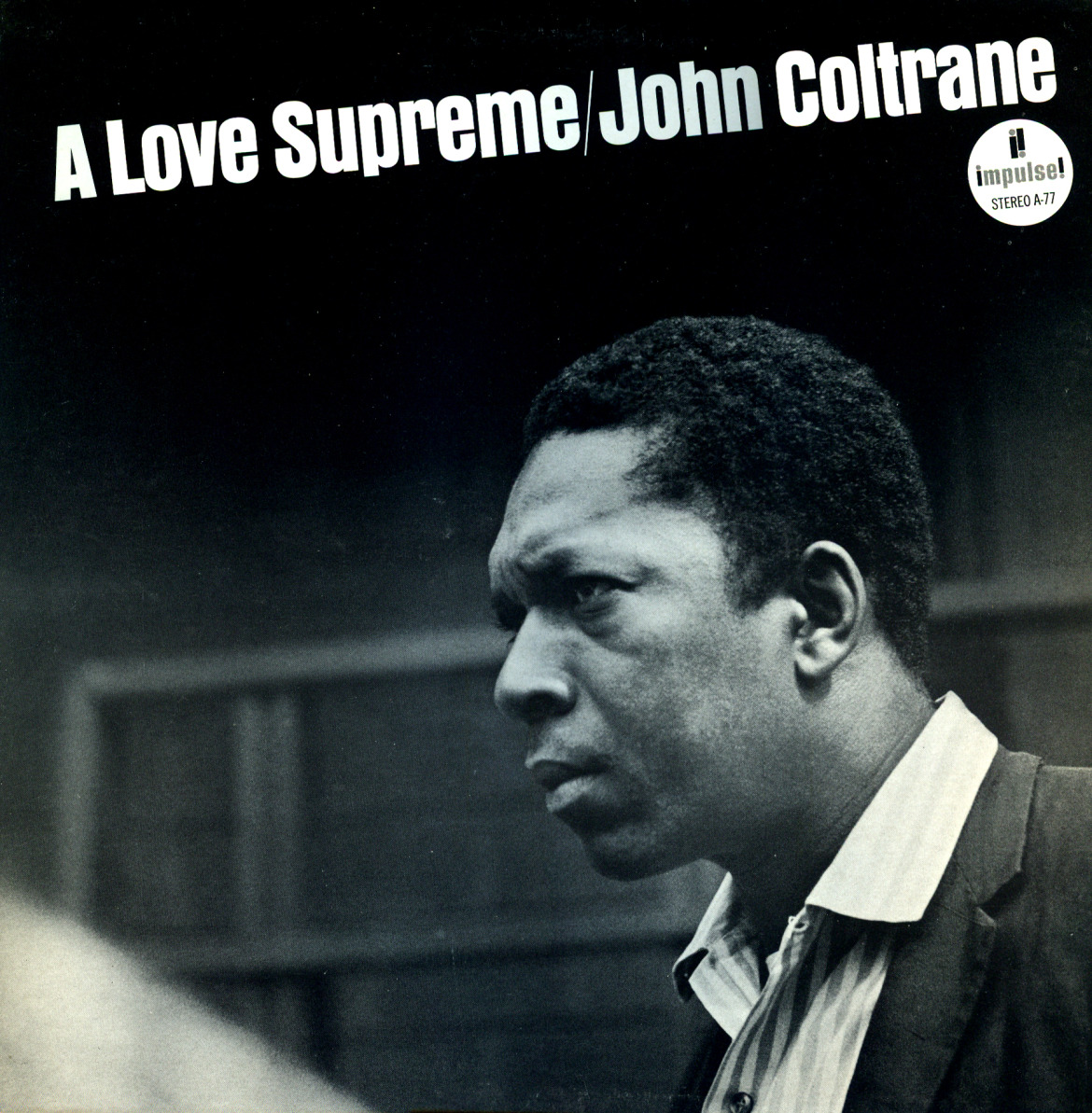

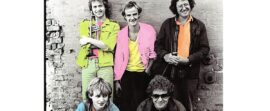



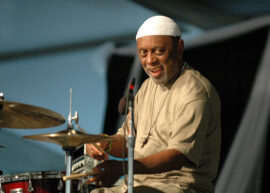


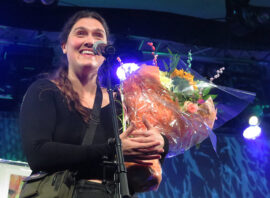
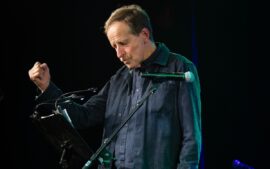


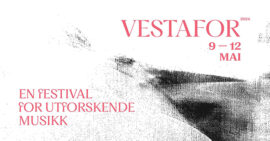
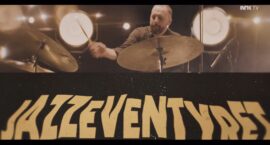
One Response to “Johan Hauknes: Fifty Love Supremes”
A Love Supreme – Complete Masters | salt peanuts*
[…] peanuts* har allerede omtalt femtiårs-jubileet for innspillingen av det som er en av jazz-historiens aller viktigste […]